InnovationView All Blogs

Quantum Software & Tools: Powering the Quantum renaissance
Exploring the software and tools ecosystem in quantum technology.
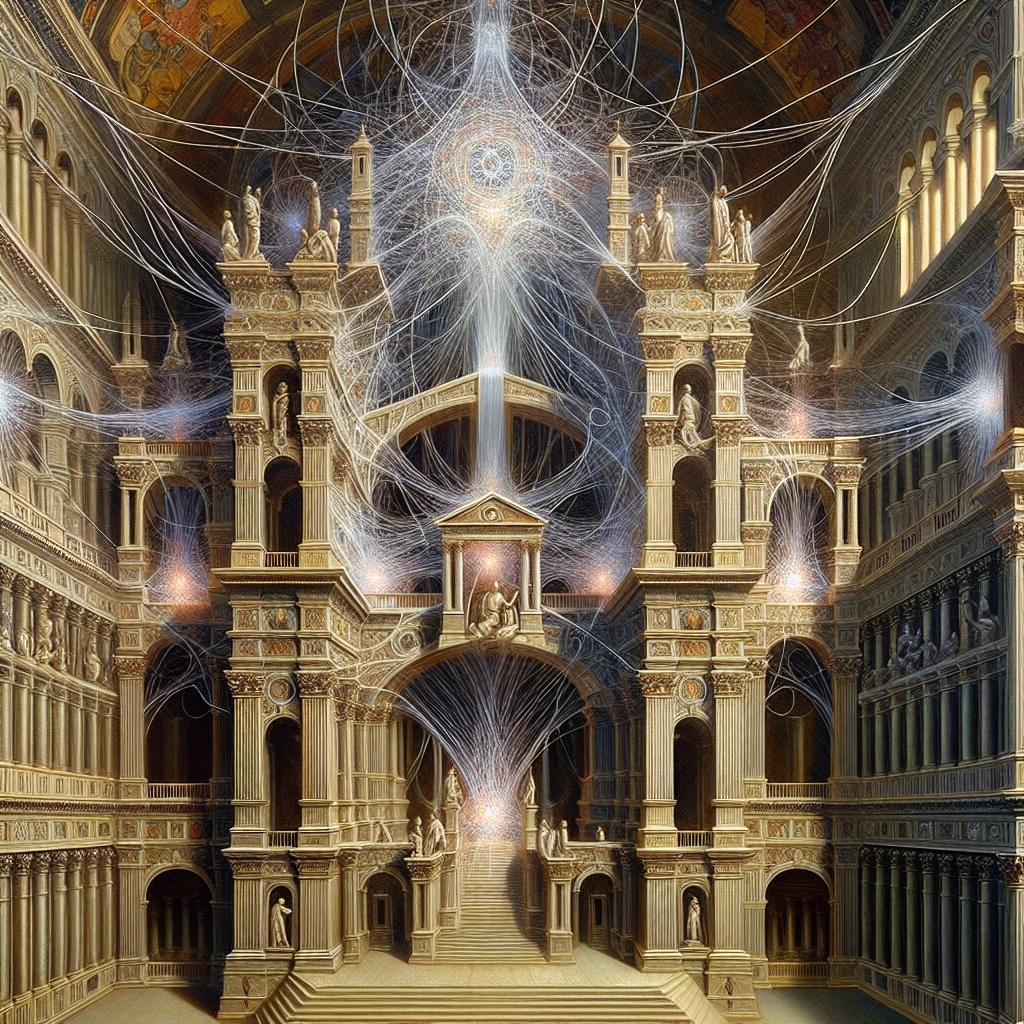
Government-Led Quantum Initiatives: Shaping the Quantum Future
Exploring strategic quantum initiatives led by governments.


Quantum Circuits Inc. Quietly Raises $33.5 Million
Quantum Circuits Inc. raised a $33.5 million extended Series C from major venture capital groups, including Sequoia Capital Partners. The funds will likely be used to expand the team and provide additional space in New Haven, as the company transitions from building quantum computers to finding customers.

Strategies for CIOs to Scale and Transform GenAI Pilots into Business Value
The initial excitement surrounding generative AI (gen AI) has waned. Although many organizations have successfully developed impressive gen AI pilots, the true challenge lies in transforming these pilots into fully scaled capabilities that deliver significant business value. Achieving this shift from pilot to scale is crucial for unlocking the full potential of gen AI. Here are seven essential strategies for CIOs aiming to scale gen AI effectively.

Quantum capital of the world: Emerging field that could solve ‘unsolvable’ problems
Illinois, under Gov. Pritzker's leadership, is positioning itself as the quantum capital of the world with significant investments in quantum technology. This initiative aims to address complex problems through quantum computing.

Federated Learning for Enhanced Network Security
Explore how Federated Learning (FL) is renaissanceizing network security by enabling collaborative model training without compromising data privacy. This innovative approach allows multiple entities to benefit from shared intelligence while safeguarding sensitive information, transforming cybersecurity measures across industries.

Quantum physicists designing rival to Sat Nav that cant be jammed by Russia
Amidst rising concerns over GPS vulnerabilities, UK scientists are pioneering a quantum-based navigation system immune to jamming efforts, notably from Russia. This groundbreaking initiative aims to enhance navigational accuracy and security for critical applications in aviation and beyond.
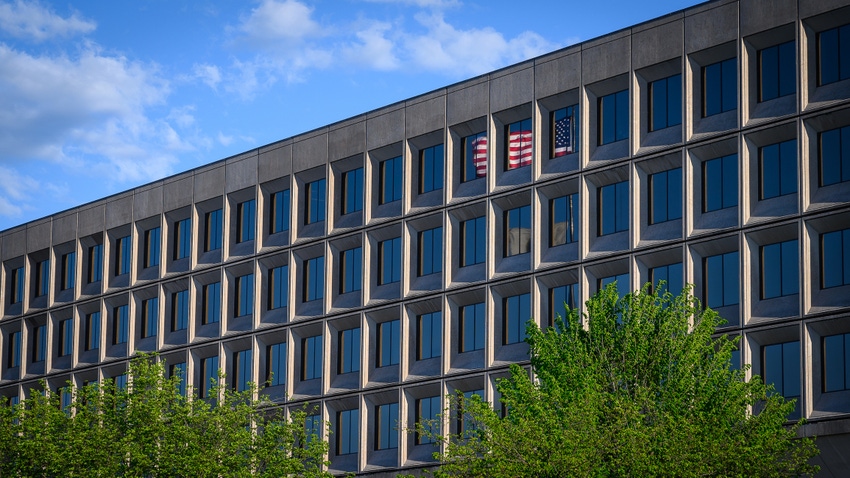
DOE Awards $7B for Innovative Quantum Projects
The U.S. Department of Energy (DOE) has awarded $7 B to advance practical quantum computers and develop commercial quantum-powered bioimaging. These awards, part of the Phase II Small Business Innovation Research (SBIR) and Small Business Technology Transfer (STTR) programs, highlight the government's commitment to fostering innovation in the quantum computing field.

IBM's Quantum Patents Showcase Innovative Solutions and Inspire Third-Party Inventions
IBM, America's most prolific patent holder in 2023, is seeing a growing number of its patents in the field of quantum information science. These patents cover various aspects of quantum computing, from chip assembly to synchronizing physical and virtual environments using quantum entanglement. Additionally, IBM's quantum technology is inspiring and enabling other firms and individuals to create their own quantum-related inventions.

Innovate UK Launches 3 Million Funding Initiative for UK-EU Quantum Technology Collaborations
Innovate UK has announced a new funding initiative, offering up to 33 million to support collaborative research and innovation projects between UK entities and organizations within the European Union. The initiative aims to accelerate the development and commercialization of quantum technologies, addressing both technological and market barriers.

Lucid Bots Secures $9M to Expand Its Portfolio of Autonomous Cleaning Drones
Lucid Bots, a robotics company that started with window-cleaning drones, has raised $9.1M in Series A funding to advance its portfolio of autonomous robots, scale operations, and expand into new markets. The company aims to build intelligent, purpose-made robots to tackle the 'dirty' jobs that people don't want to do.

QED-C Showcases Quantum Tech Innovations on Capitol Hill, Boosting US Global Competitiveness
The Quantum Economic Development Consortium (QED-C) hosted its inaugural Quantum Technology Showcase on Capitol Hill, featuring 22 member companies demonstrating their latest quantum technologies. This event was aimed at enhancing U.S. competitiveness and was supported by the U.S. Senate Committee on Commerce, Science, and Transportation.

Ushering in the Thermodynamic Future
Extropic is building a full-stack hardware platform to harness matter's natural fluctuations as a computational resource for Generative AI. This innovative approach aims to extend hardware scaling beyond digital computing limits, enabling much faster and energy-efficient AI accelerators.

ORNL-Supported Research Team Enlists Quantinuum Quantum Computer To Make Real Progress On Quantum Simulation
A research team supported by Oak Ridge National Laboratory (ORNL) has utilized Quantinuums H1-1 quantum computer to simulate complex quantum states, potentially surpassing classical computing capabilities with 70 qubits. This advancement marks a significant step in quantum computing, targeting practical applications in modeling complex systems.

First 'thermodynamic computer' uses random noise to calculate
Discover how a prototype 'thermodynamic computer' uses the inherent random noise of the physical world to perform calculations, challenging the traditional computing paradigm and potentially renaissanceizing efficiency in artificial intelligence applications.

European Commission To Invest 112 Million In AI And Quantum Research And Innovation
The European Commission is set to infuse 112 million into research and innovation across artificial intelligence (AI) and quantum technologies. This funding, part of the Horizon Europes 2023-2024 work programme, aims to advance Europe's competitiveness in these critical high-tech areas.

renaissanceizing Construction Estimation with AI: The Togal.ai Journey
Togal.ai is transforming the construction industry by automating the estimation process with advanced AI, reducing time and enhancing accuracy. This case study explores how Togal leverages machine learning to streamline construction workflows, making them more efficient and less error-prone.

Harnessing AI and Advanced Technologies in Construction with Quantum Creatives Solutions
Quantum Creatives Solutions is leading the transformation of the construction industry by integrating AI-driven technologies. This article delves into how technologies such as AI, 3D printing, drones, and BIM are renaissanceizing construction processes, improving precision, efficiency, and sustainability.

From start-up to scale-up: Accelerating growth in construction technology
Dive into this McKinsey & Company analysis as it unravels the transformative journey of the construction technology sector. This insightful article not only explores the industrys expedited digital transformation, fueled by infrastructure demands, a dwindling labor pool, and calls for enhanced data transparency, but also illustrates how historical sluggishness in technology adoption is being rapidly overturned by a wave of strategic investments and technological breakthroughs.

Harnessing Extropic AI for Groundbreaking Advancements in Various Sectors
Delve into the transformative impact of Extropic's full-stack hardware platform on industries by leveraging natural matter fluctuations for Generative AI, promising vast improvements in speed and energy efficiency.

Q-CTRL Partners with USGS to Pioneer Quantum Sensing and Computing Applications
LOS ANGELES, January 16, 2024 - In a significant advancement for geophysics with resource exploration impacts, Q-CTRL, a global leader in developing useful quantum technologies through quantum control infrastructure software, has entered a pioneering partnership with the United States Geological Survey (USGS) to explore potential quantum computing and sensing applications for geological sciences.

QuEra Computing Releases a Groundbreaking Roadmap for Advanced Error-Corrected Quantum Computers, Pioneering the Next Frontier in Quantum Innovation
Quantum error correction is critical to fulfill the immense promise of quantum computers. This advanced technique addresses the inherent fragility of quantum states and the susceptibility of qubits to interference from their environment, which can lead to errors in quantum computations. By implementing error correction protocols, quantum computers can maintain the integrity of quantum information over longer periods, enabling them to perform complex calculations that are beyond the reach of classical computers. This enhances the reliability and scalability of quantum systems and paves the way for groundbreaking advancements in fields ranging from materials science to drug discovery and optimization problems. By providing the first commercial error-corrected system, QuEra is setting a new bar in performance and usability.

Rigetti Computing Awarded Innovate UK Grant To Develop Quantum Machine Learning Techniques For Financial Data Streams
Financial institutions need to continuously interpret complex data streams to extract information necessary for providing accurate credit risk evaluation, managing market-making services, and predicting emissions in the context of green finance, among other things. Classical machine learning techniques used to assist and provide insights to these services have limitations as these data streams are, in general, complex. Combining quantum computing with classical machine learning methodology could offer more powerful resources for processing these data streams, given the potential for quantum computers to process some types of information more efficiently than with classical resources alone.
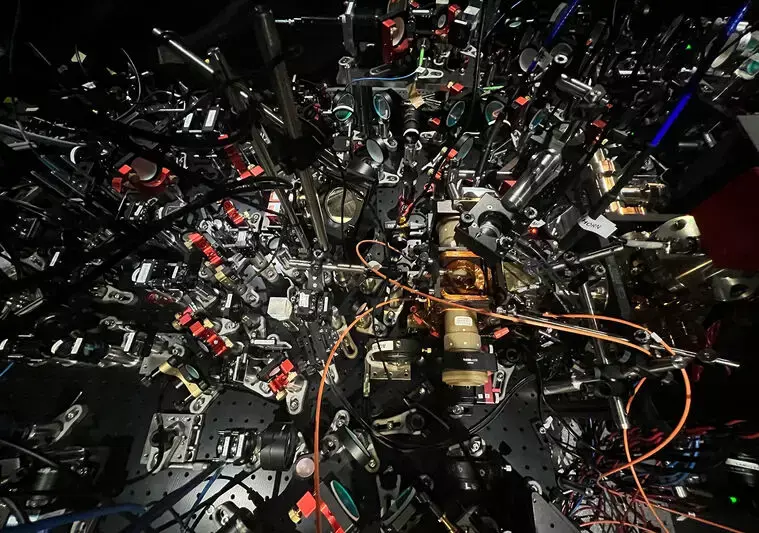
DARPA RESEARCH LEADS TO GROUNDBREAKING DISCOVERY IN QUANTUM COMPUTING, DEVELOPING THE WORLDS FIRST LOGICAL QUBIT CIRCUIT
Researchers working with the Optimization with Noisy Intermediate-Scale Quantum (ONISQ) program say they have created the worlds first quantum circuit using logical quantum bits (qubits). The innovation marks a significant stride towards fault-tolerant quantum computing, promising to renaissanceize the design of quantum computer processors.
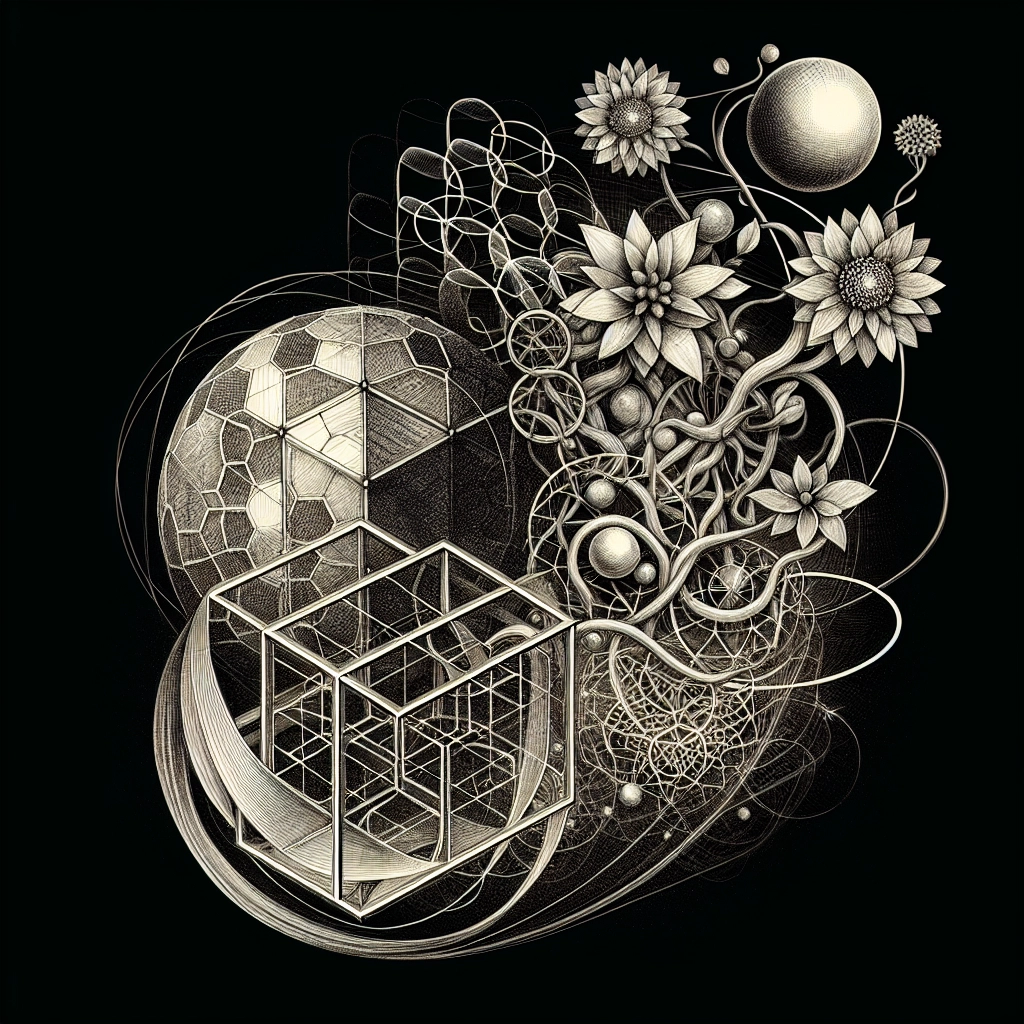
Nobel Prize Honors Inventors of Quantum Dot Nanoparticles
The Nobel Prize in Chemistry has been awarded to three researchers who harnessed the quantum behaviors of semiconductor nanocrystals.
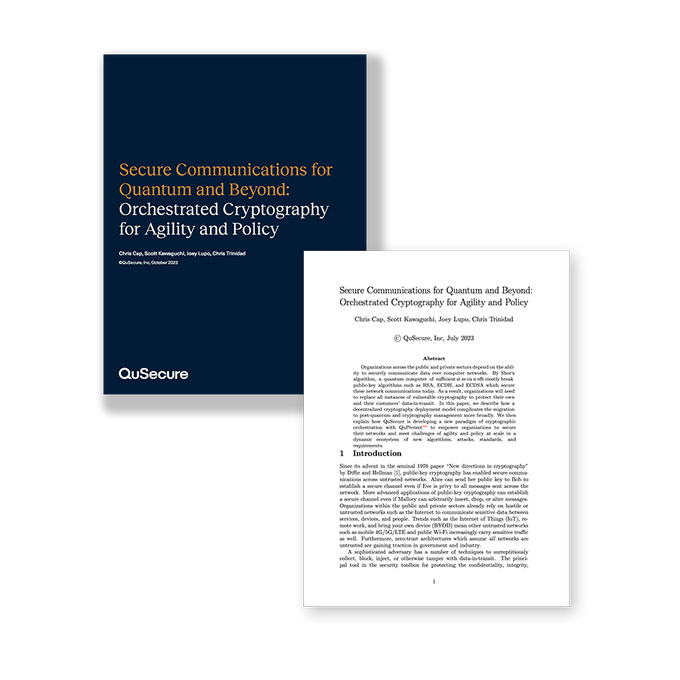
QuSecure Secure Communications for Quantum and Beyond
We are thrilled to officially launch our QuProtect Cryptographic Agility white paper - Discover the inner workings of our unified, software-based solution that provides #quantum protection for critical data anywhere it travels.

IBM's new Condor quantum computer
IBM's new Condor quantum computer is only the second ever to have more than 1000 qubits
60 Minutes Quantum Computing
Google, IBM make strides toward quantum computers that may renaissanceize problem solving

Infleqtion Launches Oqtant, the Worlds First Quantum Matter Service to Accelerate the Transition to the Quantum Era
Infleqtion, the worlds leading quantum information company, proudly announces the launch of Oqtant, the worlds first quantum innovation platform as a service that provides groundbreaking access to quantum matter for researchers, innovators, and students working on next-generation quantum applications. Oqtant will be used to build more powerful and versatile solutions for new and better sensors, atomtronic circuits, and signal processing, providing the next leap in technology innovation. With access to quantum matter typically out of reach to many, Oqtant will fundamentally democratize quantum discovery and invention. Oqtant provides the core capabilities to create and manipulate matter, anywhere, anytime, by anyone with internet access.
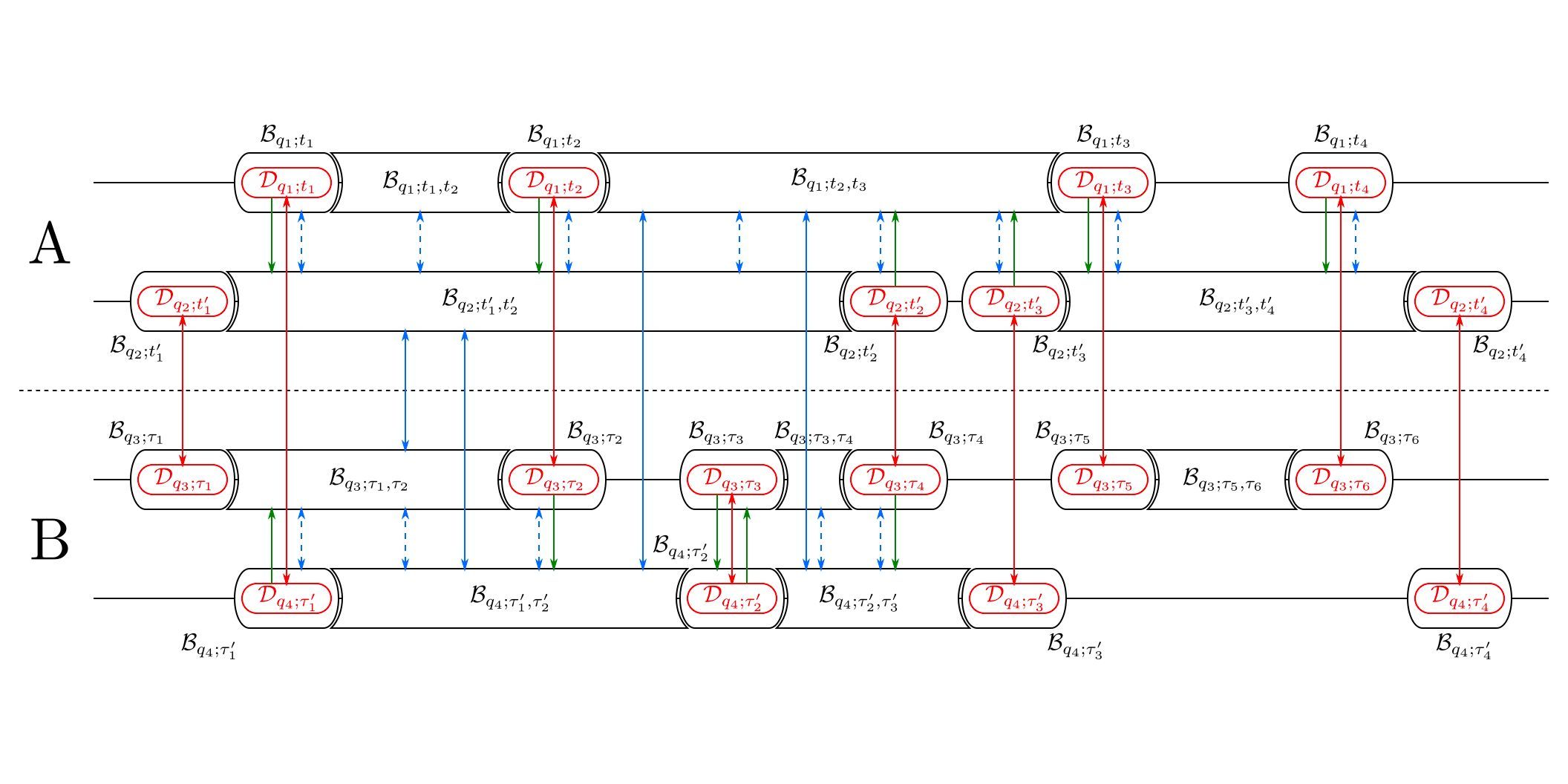
Fresh in Quantum: Entanglement-efficient bipartite-distributed quantum computing by Jun-Yi Wu, Kosuke Matsui, Tim Forrer, Akihito Soeda, Pablo Andrs-Martnez, Daniel Mills, Luciana Henaut, and Mio Murao
In noisy intermediate-scale quantum computing, the limited scalability of a single quantum processing unit (QPU) can be extended through distributed quantum computing (DQC), in which one can implement global operations over two QPUs by entanglement-assisted local operations and classical communication. To facilitate this type of DQC in experiments, we need an entanglement-efficient protocol. To this end, we extend the protocol in [Eisert et. al., PRA, 62:052317(2000)] implementing each nonlocal controlled-unitary gate locally with one maximally entangled pair to a packing protocol, which can pack multiple nonlocal controlled-unitary gates locally using one maximally entangled pair.
